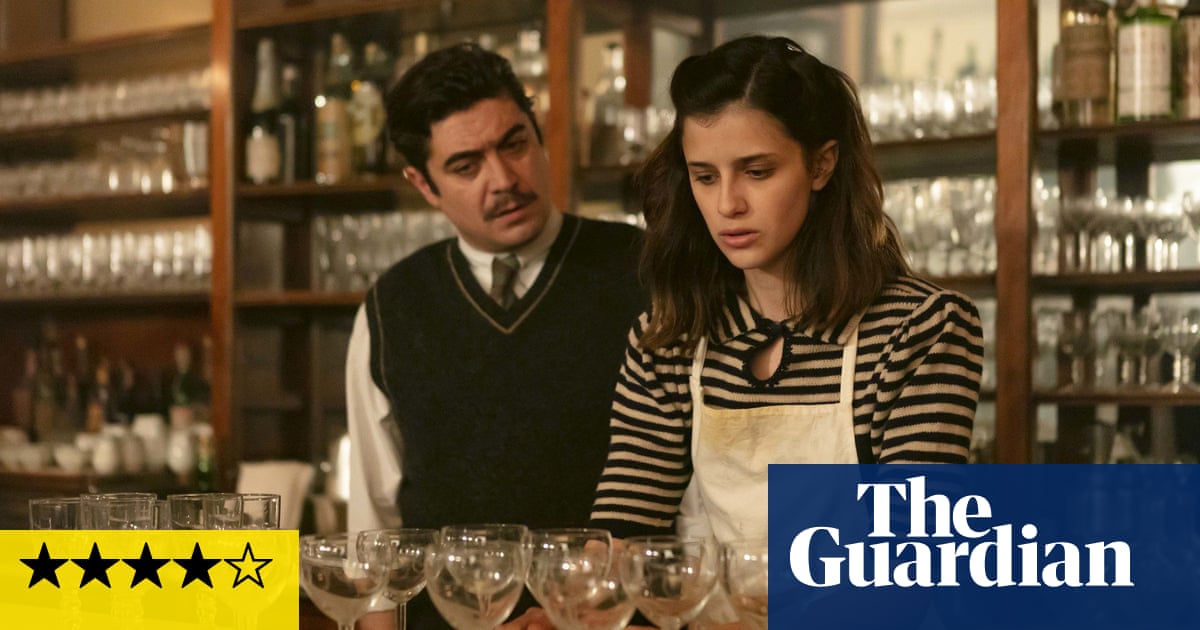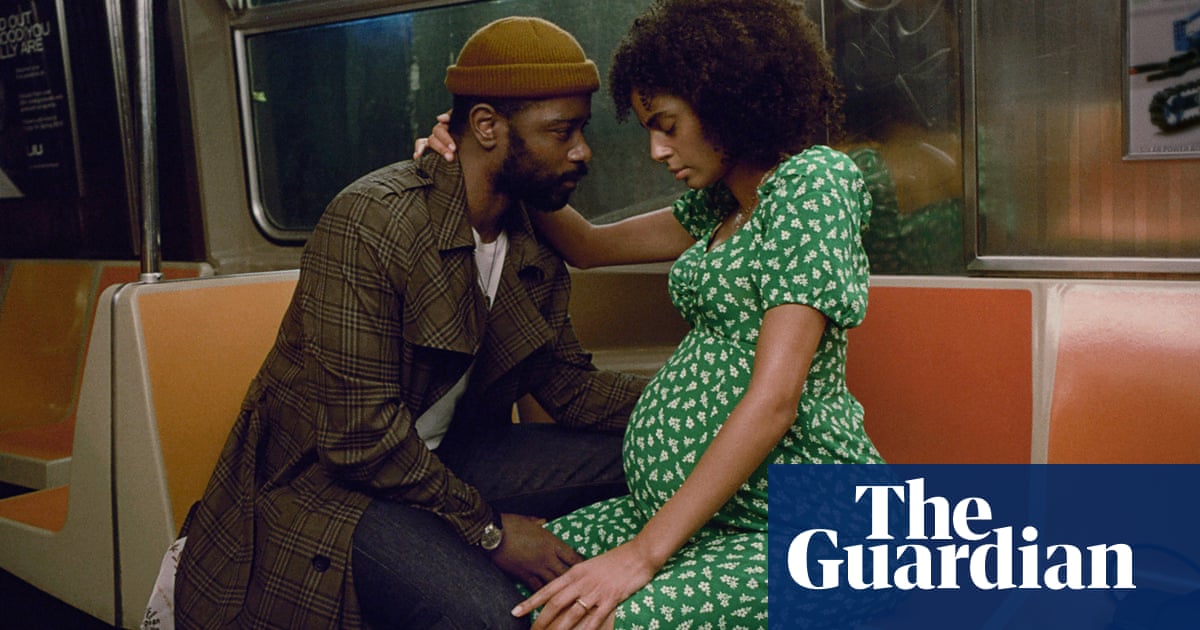
By virtue of being a story of the Holocaust, the eight-part drama We Were the Lucky Ones, is a harrowing one. To watch it at a time when antisemitism is on the rise and some of our own most racist public figures are returning to the political stage only gives it extra emotional torque. Whether even that is enough to disguise the screeching mechanics of the plot or slide you past some poor dialogue to a truly earned emotional conclusion is the question running alongside the story at all times.
Based on Georgia Hunter’s 2017 novel of the same name, itself based on the experiences of her Jewish family, the series follows the parents and five children that comprise the Kurc family in Radom, Poland, over a decade. It begins with a family celebration of Passover – unknowingly for the last time – in 1937. Son Addy (Logan Lerman) has travelled from Paris where he is enjoying some success as a composer, so it is a double celebration.
As members of the family gather round the table, the cranking noise of the narrative engine begins. Each son, daughter and significant other is assigned a characteristic and a circumstance or two. Younger daughter Halina is vivacious, wilful and hungry for all the opportunities her future has to offer. Older daughter Mila is married, pregnant with her first child and looking forward to a world of domesticity – a situation that will follow a wholly different yet complementary set of events and moments of growth as the tale unfolds. Similarly, we note that Addy is heading back to Paris at just the wrong time and thus likely to face the pain of separation and fear for the unknown fate of his family and friends. Two brothers, Genek and Jakob, are going to stay in Radom to play out two of many options. And of course the parents can be used to illustrate any older age-specific events as they occur.
Each person sets off down a series of paths that will eventually allow every remaining box on TV’s checklist to be ticked. Genek and his wife, Herta, get deportated to Siberia. Others get trapped in Europe without their family, some get trapped in Poland with their family. There are escapes by foot and sea. There are births and deaths and loves across divides. The sense of dread mounts constantly, periodically broken by moments of Nazi savagery. There are moments of intense beauty and moments of intense sadness. Everything is slightly too darkly lit, as if we wouldn’t know how portentous everything is without it. Concentration camps are acknowledged, though not dwelled on. The tone is 55% uplifting, 45% sombre reflection on the brutality of man. The script includes such lines as: “The war! The war, the war, the war, the war, the war!”, “The Germans!”, “Always bloody Chopin!”, and “I’ll be home before the snow falls”. By the time the family has been scattered across five continents over a period of seven years and its survivors are heading towards narrative reunion, you can almost sense the actors panting as they sprint over the line towards freedom.
Where We Were the Lucky Ones scores is in its depiction – mostly via Halina – of the often overlooked Jewish resistance to German takeover and Nazi horrors, dismantling the conventional, media-smoothed image of Jewish people as passive victims of the evil that threatened to sweep them away.
And, of course, it’s well intentioned. It’s been commissioned, created, acted and broadcast in absolute good faith. There is not an ounce of cynicism in it (although this is not good news for UK viewers, since in US productions an ounce of cynicism is about the amount you need to cut the schmaltz that otherwise strikes as insincere). But little is new here, and that means most of its power is generated almost automatically. Buttons are pushed. Responses are elicited. There are scenes here that remind you how unspeakably terrible the suffering must have been. There is not much to make you feel the shock of the first time you heard of it, to make you examine it again, to revisit that revelation, let alone plumb a new depth of feeling or empathy.
But, maybe a reminder is enough reason to make an additional contribution to the archive. Maybe you keep hammering the old stuff home until it takes? Which – well, we may have a while to go.
We Were the Lucky Ones is on Disney+ now.












